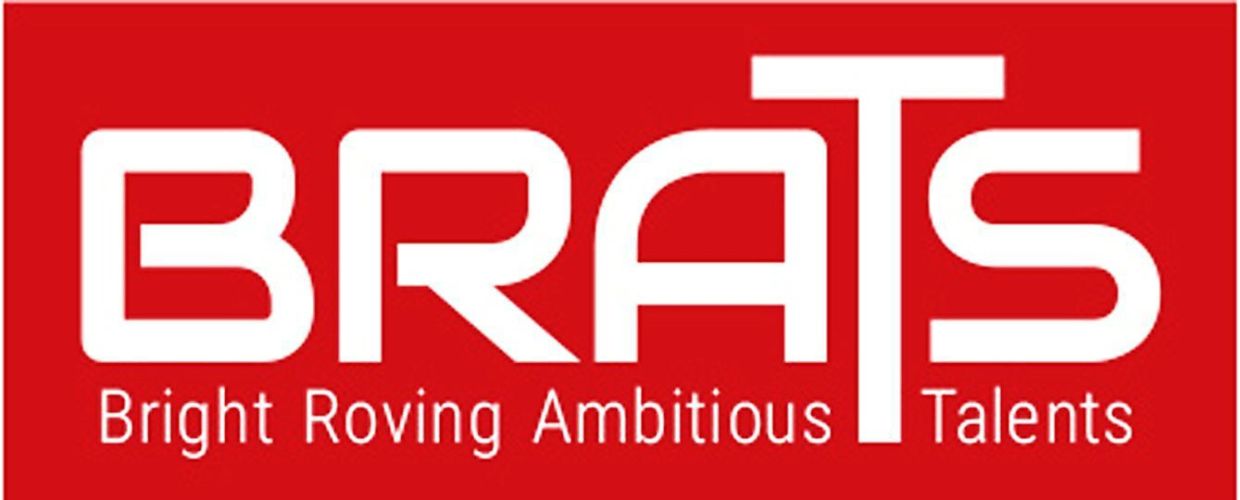Double triumph: Yee Hui completed her secondary education with more than just a certificate.
SITTING for one major exam is hard enough, but I chose to sit for two – the Sijil Pelajaran Malaysia (SPM) in 2023 and the International General Certificate of Secondary Education (IGCSE) in 2024.
I not only survived but also aced both with straight As. However, I am not here to blow my own trumpet or reinforce some parents’ belief in the importance of grades.
Rather, I want to shine a light on the power of perseverance, good time management and strategy.
In Form Four, I made a bold decision to transfer schools, driven by my dream of studying overseas. I switched to an international curriculum, but with half of my SPM studies already behind me, I felt a strong sense of responsibility to finish what I had started.
As The Analects of Confucius teaches, completing what one starts is a virtue. Whether it was youthful passion, determination, or the dream I held on to, I chose to self-study for the SPM until the very end.
My parents, fully supportive of my decision, encouraged me every step of the way. With their backing, I took the leap.
You might wonder how I managed my time. The biggest lesson I learnt was that time management is far more crucial than I initially thought.
Using fragmented time wisely can make 24 hours feel like 48. I maximised every moment – whether during breaks, while waiting for transport, commuting or even in the half hour before lessons – by completing assignments, reading essays and reviewing notes.
However, as someone who tends to doze off easily, I also took short naps during car rides to ensure I stayed refreshed and energised.
At school, I focused on my IGCSE courses to free up time at home for SPM revision. Without tuition, I relied on online materials, reference books and past-year papers to guide my learning.
The initial phase was challenging since I had grown up in an education system where teachers provided structured guidance.
However, through perseverance, I learnt to understand concepts independently and practised extensively.
Teachers and online sources often emphasise the importance of past-year papers. Indeed, they are valuable, but doing them mindlessly in bulk is ineffective.
The key is to analyse mistakes, understand misconceptions and reinforce concepts. Instead of focusing on quantity, I ensured I truly grasped the material by making notes on the questions I got wrong.
Additionally, recognising one’s peak productivity hours – whether in the morning or late at night – helps optimise study sessions.
I am definitely a morning person. I made a habit of waking up an hour earlier before school to take a stroll or go for a jog to clear my mind and prepare myself for the day ahead.
Being attentive in class is essential as it minimises the need for extra tuition and saves time from relearning content.
In the end, I achieved straight As in both curricula, grateful for my efforts and happy to make my parents proud.
Reflecting on my educational journey, I have come to appreciate different learning approaches.
Eastern education, particularly in Malaysia and much of Asia, is largely exam-oriented, with an emphasis on discipline, rote learning and academic excellence. While this instils resilience and a strong work ethic, it can sometimes leave little room for creativity.
Western education, in contrast, encourages critical thinking, independent learning, and a more holistic approach to personal development. While this system encourages innovation, it may not always provide the structured guidance some students need.
I believe the best approach is a balance of both. A structured foundation helps students build discipline and mastery, while independent learning nurtures curiosity and problem-solving skills.
Education should not be about spoon-feeding knowledge but rather guiding students to take ownership of their learning. Self-learning is a crucial skill, and teachers should serve as mentors, guiding students rather than merely providing information.
Dear readers, exams are not just about grades. The habits you build, the patience you cultivate, the friends you make, the knowledge you gain, and the new perspectives you acquire along the way are just as valuable as the final result.
Thus, enjoy the learning process and keep going. Persist, persevere, and trust that the best is yet to come.
Yee Hui, 19, a student in Johor, is a participant of the BRATs Young Journalist Programme run by The Star’s Newspaper-in-Education (Star-NiE) team.
For updates on the BRATs programme, go to facebook.com/niebrats.
With the theme of the article in mind, carry out the following English language activities.
1 What lessons can you take away from Yee Hui’s learning journey? Share your thoughts with the class and discuss how you can apply them in your own studies.
2 Using words and pictures from today’s newspaper, design a poster featuring an inspiring mantra for students. Be as creative as possible! Once completed, display your poster on the class noticeboard.
The Star’s Newspaper-in-Education (Star-NiE) programme promotes English language learning in primary and secondary schools nationwide.
For Star-NiE enquiries, email starnie@thestar.com.my.







